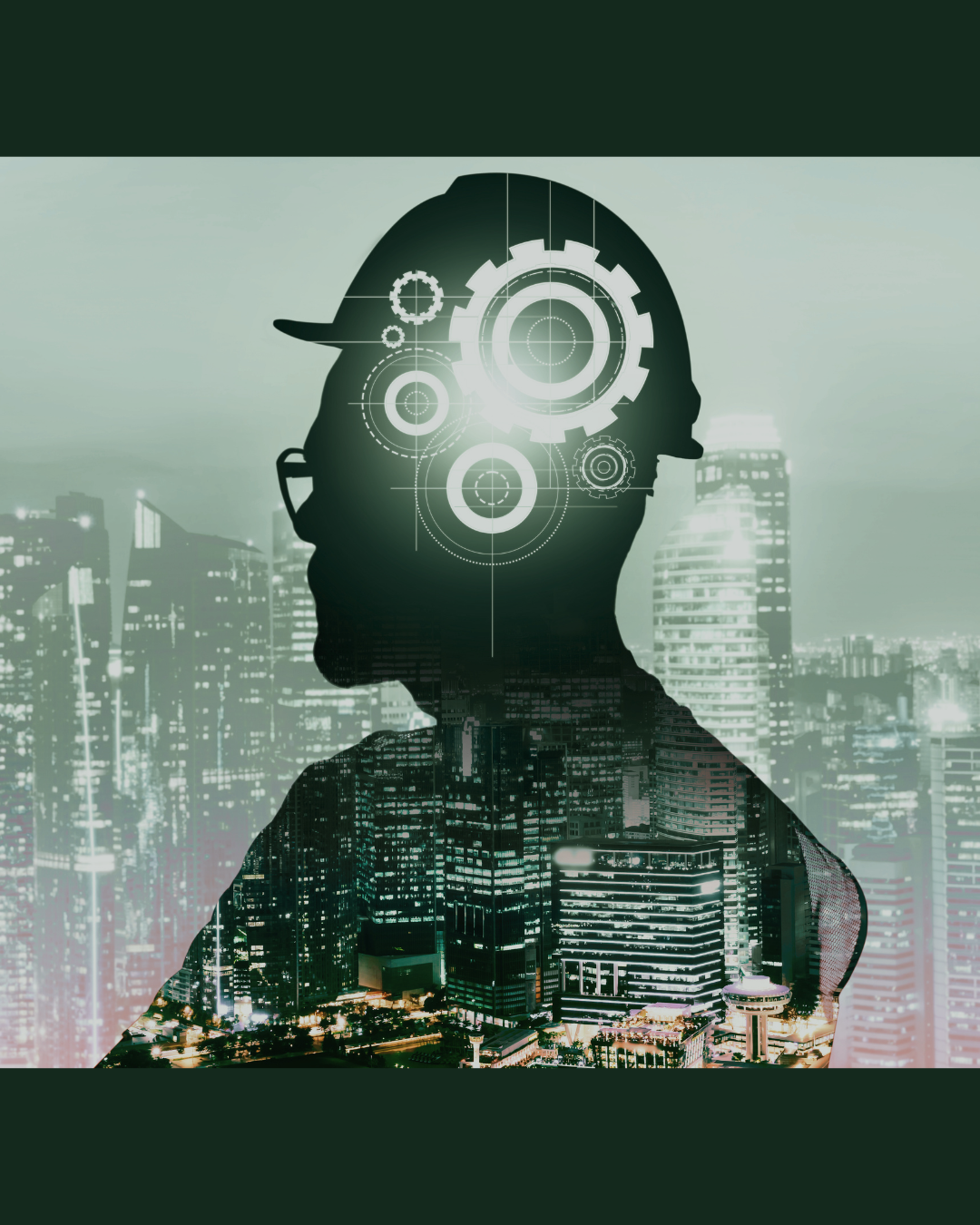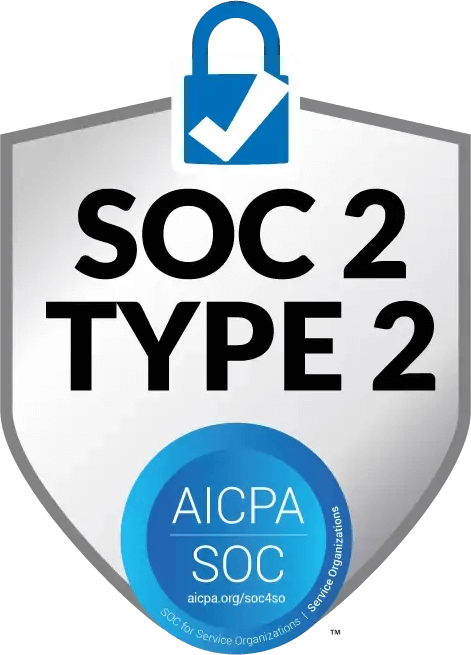Why "Business as Usual" in Construction Is Becoming Unsustainable
Over the last 10 years, despite the rapid growth of construction specific software such as Procore and Buildertrend, not adopting tech meant missing opportunities. Going forward, resistance to tech puts your competitive position at genuine risk.



Contents
Construction is a mature industry. Success comes down to execution—and execution is a combination of having the best people and the best systems.
It's also a virtuous cycle. If you build good systems, you create happy customers and happy employees. Happy customers lead to growth and happy employees lead to positive employer reputation. Both of those qualities allow you to attract the best new talent. That great new talent consistently improves your systems, creating an upward spiral.
Poor systems do the opposite. They create a vicious cycle of frustrated employees, disappointed customers, and talent flight.
Up Until Now, You Didn't Necessarily HAVE to Adopt Construction Specific Tech
Over the last 10 years, despite the rapid growth of construction-specific cloud software like Buildertrend and Procore, countless businesses chose not to adopt these platforms and still thrived. They built their own systems using Excel, email, shared files, and standardized processes. And those systems got the job done. Were they almost certainly less efficient than using Buildertrend or Procore? Absolutely. But they weren't so much less efficient that it put your entire business at risk.
So while not adopting purpose-built tech meant leaving opportunities on the table, it wasn't catastrophic. Your system that you built in Excel and email worked well enough. You could still compete effectively.
This is Changing Rapidly
We are no longer in an era where purpose-built tech just helps your team get their job done somewhat faster. We're moving toward AI-powered systems that can genuinely amplify what your employees can accomplish.
Over the next 5 years, if a project accountant was able to oversee $30m of project volume, they will now be able to oversee something like $300m of construction volume. How? If you sat down and spent time with a project accountant, you'd realize that the majority of their day is spent on grunt work—job costing, billing, chasing vendors, chasing field staff for receipts, fixing mistakes, etc. At Adaptive, we have fully automated over 70% of this grunt work, and we expect to be at 90%+ automation by the end of the year. This isn't just the case for accounting staff. Imagine the possibilities.
The same dynamic applies across roles:
- Project managers using AI-powered scheduling and resource optimization can handle 2-3x more projects effectively
- Estimators with AI-assisted takeoffs and historical cost analysis produce more accurate bids in significantly less time
- Superintendents with immediate access to all project documentation can prevent problems instead of constantly reacting to them
The Talent Challenge You're Facing
If you continue to operate with legacy systems, many of your competitors won't. And they'll be the ones who are able to attract the top talent, leveraging modern tools that allow employees to spend more time on meaningful work, while getting paid more in the process.
Construction now ranks as the "least technologically competent" field according to workers. Fifty percent of workers under 25 see lack of tech adoption as a career advancement barrier. Who do you think the best people will choose to work for? The company where they spend their days manually entering invoices and chasing down approvals, or the one where technology handles routine tasks and they focus on strategy, project execution, and customer experience?
The talent disparity compounds quickly. The best people gravitate toward companies that amplify their capabilities, while companies using outdated systems struggle to attract top performers.
Your Window Is Narrowing
Maybe you're running a lifestyle business and growth isn't your priority. That's perfectly valid—you can continue with traditional methods until you're ready to transition out. But if you're building for the long term, if you want to create a workplace where people reach their potential and are compensated accordingly, then evolution becomes necessary.
The window for gradual change is closing, but it remains open. The companies that embrace proven productivity-enhancing technologies now will have measurable advantages over those that wait. Unlike previous waves of construction technology, this isn't about marginal improvements—it's about fundamental changes in what's possible.
Your choice is strategic: adapt thoughtfully or watch your competitive position erode gradually.
In our next article, we'll provide a practical "how to" guide for getting started with AI implementation in your construction business—covering everything from choosing your first technology to managing the transition without disrupting current operations.


Ready for crystal clear financials without the headache?
Let us show you how Adaptive's AI-powered construction financial management software works in a brief 30 minute demo with someone from our team.







